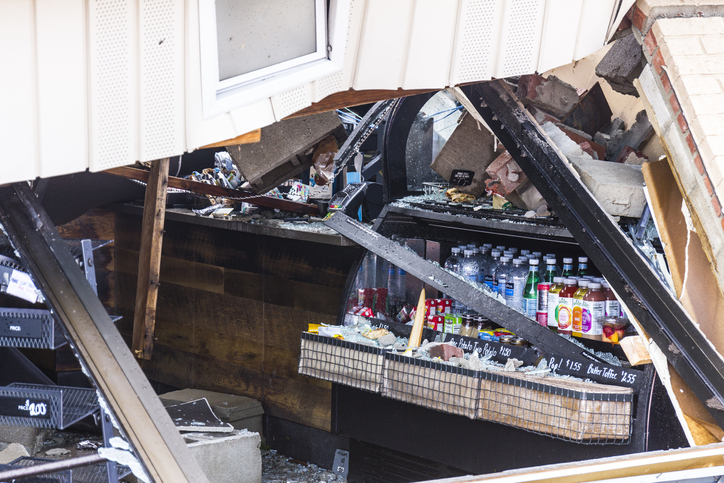The WCHD teamed up with the Illinois Department of Public Health (IDPH) to investigate other potential cases of the disease. Investigators didn’t identify any other cases outside of Meadowbrook Manor.
In a news release, the WCHD said that the facility is fully compliant with the investigation and the policies set forth by the IDPH.
“These initiatives taken have included investigative and hygienic steps to reduce the risk of possible exposures, and notifying all residents and their families of the situation,” said the WCHD.
Meadowbrook Manor said in a statement that it has “initiated proactive water management plan safety measures to ensure that all residents, staff and visitors are not subject to any exposure or risk for the Legionella bacteria.”
The facility has also launched its own investigation to find the source of the bacteria. So far, no water samples collected by the facility have tested positive for Legionella. The facility implemented water restrictions and installed water filters.
Another case of Legionnaires’ disease occurred at a veterans’ home in Quincy, IL in January. It cost the state more than $6 million to upgrade the water system at the facility.
What is Legionnaires’ disease?
According to the IDPH, Legionnaires’ disease is a serious lung infection caused by the bacteria Legionella pneumophila. Exposure to the bacteria occurs when someone inhales contaminated water vapors.
Legionella pneumophila develops in:
- Hot tubs and whirlpools
- Air conditioners
- Water heaters
- Decorative fountains
- Swimming pools
- Birthing pools
- Drinking water
An infected person may experience severe lung inflammation. The illness typically develops up to 12 days after exposure to Legionella pneumophila. The onset symptoms usually include a headache, muscle aches, chills, and a fever of 102 F or higher. Once the illness fully manifests, those infected may experience:
- Coughing
- Shortness of breath
- Chest pain
- Nausea, vomiting, and/or diarrhea
- Confusion and/or disorientation
Treatment usually involves antibiotics. If left untreated, it can lead to respiratory failure, septic shock, kidney failure, and death. Life-long complications can occur even after successful treatment.
Are nursing home residents at risk of infection?
Anyone who inhales contaminated water is at risk of contracting Legionnaires’ disease. Nursing home residents are especially vulnerable due to weakened immune systems. Lack of cleanliness, water filtration, and water system management often puts residents at risk of becoming ill.
If you or a loved one sustained an illness in a Chicago-area nursing home, you may be entitled to compensation. The personal injury attorneys at Coplan + Crane can help you build a strong legal case and get results. Contact us online to schedule your free case evaluation.
















